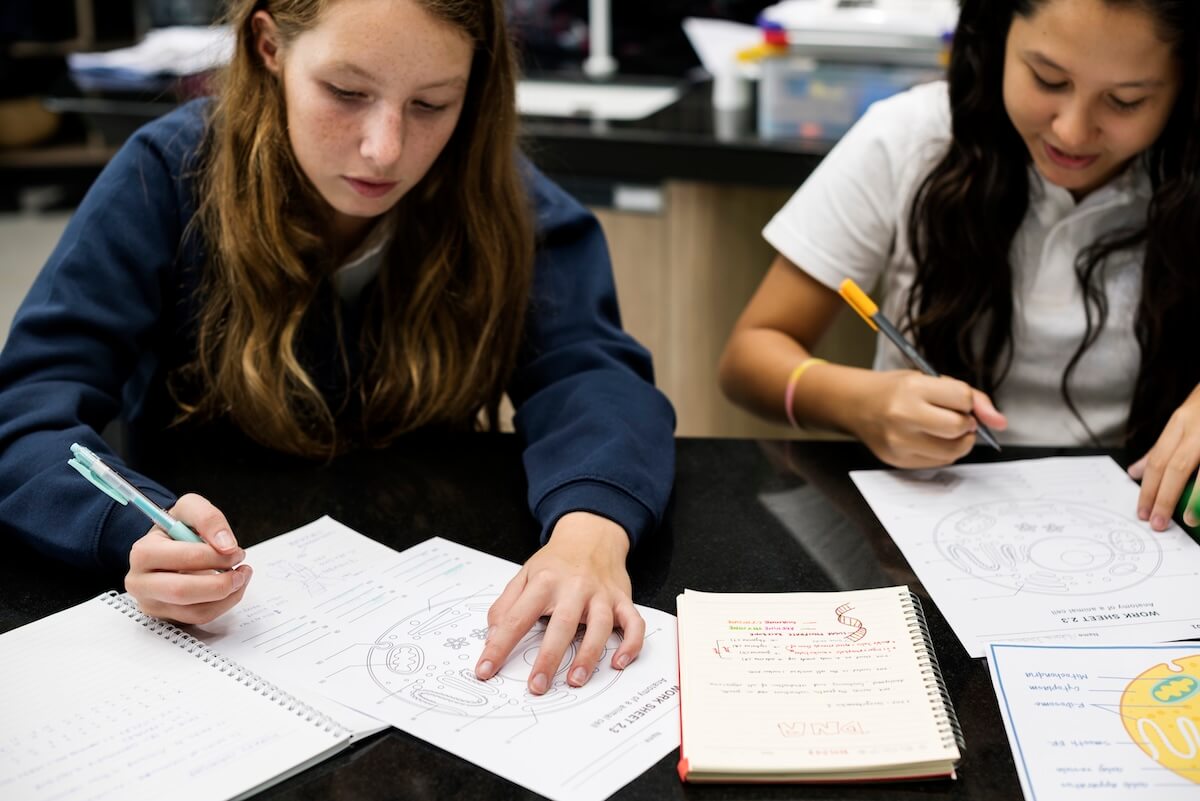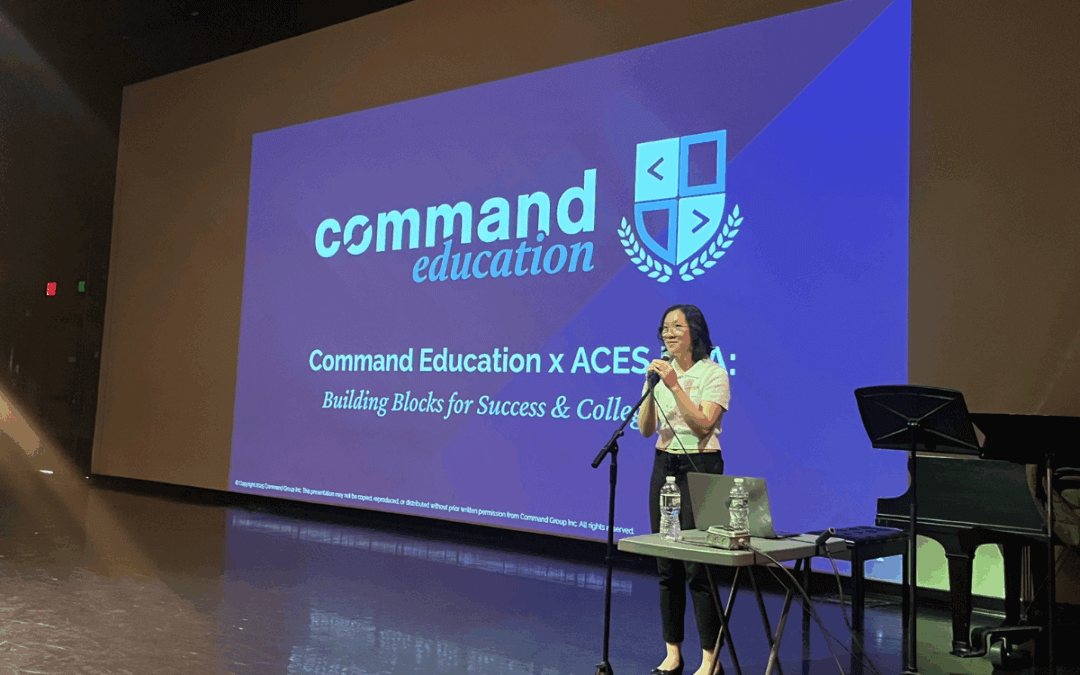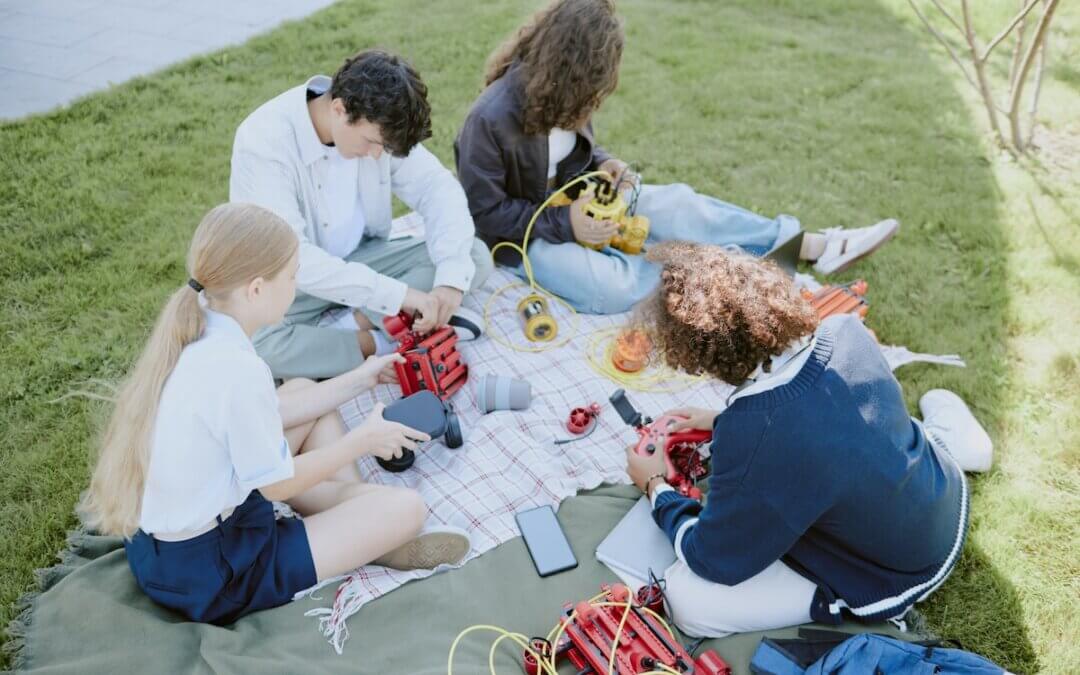Many students and parents assume that excelling in the college application process begins with assembling a balanced college list, drafting strong essays, or compiling an Activities List that reflects their core interests. In reality, these steps are the capstone—not the foundation—of a successful application. Rather than last-minute passion projects or flashy summer activities, what sets students apart in the college admissions process is often the work they put in far earlier in their academic journey. Developing soft skills such as organization, time management, communication, teamwork, adaptability, and self-awareness during their middle school and early high school years equips students to set and achieve ambitious goals and make the most of the opportunities they are given. Equipped with the tools to maximize their strengths, adapt tasks to their preferred learning styles, plan ahead, and communicate their needs to others, students are able to not only thrive in and outside of the classroom, but also genuinely enjoy their activities.
However, as every parent knows, helping a student develop these skills can be a significant challenge, and the most effective way to improve executive functioning and soft skills varies from student to student.
This is where Command Education Senior Mentors come in. Command Education is the only college consultancy that adopts an emotionally intelligent approach to the college admissions process. Long before students begin crafting their applications, we offer personalized, step-by-step guidance to help them lay a strong foundation of essential skills they will draw from throughout the rest of their lives. Our Senior Mentors don’t just empower students to earn admission to the most prestigious colleges in the world—they give them the tools they need to excel once they arrive on campus.
Below, Senior Mentor Vincent shares expert insights into the importance of executive functioning and soft skills development and how Command Education Senior Mentors help students flourish in and outside of the classroom:

Why are executive functioning and soft skills important for students’ success?
Vincent: Strong executive functioning skills—such as task initiation, prioritization, and flexibility—allow students to complete tasks effectively, efficiently, and reliably, creating an incredibly strong foundation for academic success. By helping students develop this foundation, mentors empower students to assess exactly where their strengths lie, as well as areas for further growth. This is where soft skills come in handy: with strong communication, conflict resolution, and collaborative abilities, students will be able to confidently seek support that strengthens their weaknesses and step up when they can lend a helping hand to others. Essentially, EF and soft skills help students help themselves, and are important not only for academic success, but for social and emotional health as well!

How do soft skills such as leadership, time management, and organizational skills help students in the college admissions process?
Vincent: Soft skills show up directly on a student’s application in two areas: the activities list and letters of recommendation. Admissions officers want to accept students who are leaders in their communities, and this is often reflected through holding leadership positions in extracurricular clubs and organizations. The way to earn these officer positions? Mostly through election by your peers! Students with strong soft skills will be better able to show up for their communities as capable leaders and are thus more likely to be elected to lead within those communities. Additionally, teachers and advisors recognize students who have strong soft skills and will mention these qualitative strengths within recommendation letters. Think about which adjectives describe a student with strong soft skills: they are reliable, hard-working, and pleasures to have in class…and on campus!

What strategies do Senior Mentors use to help students who struggle with procrastination and lack of motivation?
Vincent: The most common strategies I use with my students to combat procrastination are organization and goal-visualization. Following the S.M.A.R.T. model, I work with my students to create goals for themselves that are Specific, Measurable, Achievable, Relevant, and Time-Bound. Often students know where they want to end up, but don’t know where to start. Together, my students and I map out a plan of small, actionable steps that allow them to make steady progress while avoiding feeling overwhelmed. Progress, even in small doses, is invigorating; once students can clearly picture where they’re headed and understand the steps to get there, then all they have to do is go! I’m there as their guardrail and their cheerleader, keeping them on track and encouraging them to go full-speed ahead!

How do Senior Mentors help students manage stress?
Vincent: I always say that the number one solution to stress is preparation. Helping students become better organized often helps them feel in more control over their schoolwork and their lives. One of the main ways I help my students get organized is by putting together an Ideal Weekly Calendar, mapping out when they’ll take time to complete homework, study, and fulfill extracurricular commitments. After defining for themselves what ideal time management looks like and comparing it to their current habits, my students and I strategize ways to tackle their busy schedules productively, healthfully, and joyfully. When students can recognize what’s in their control and what’s out of it, they can focus their energy towards the areas that matter and let the rest—and the stress—go!

How can mentorship improve a student’s ability to set and achieve their goals?
Vincent: Setting and achieving goals is a muscle that gets stronger every time you do it. What mentors do is guide students through those initial reps of goal-setting and achievement, then help students scale up their goals in ways that are challenging but manageable. Through this process of modeling and scaling, students learn self-sufficiency in goal-fullfilment, which is what allows them to succeed independently in college and beyond!
Whether your student is struggling in their classes, leveling up for the Ivy League, or seeking to develop essential skills in and outside of the classroom, our Senior Mentors meet students where they are and help them develop the confidence to achieve their goals. If you want to give your child personalized support for cultivating lifelong skills, schedule a free consultation today.











